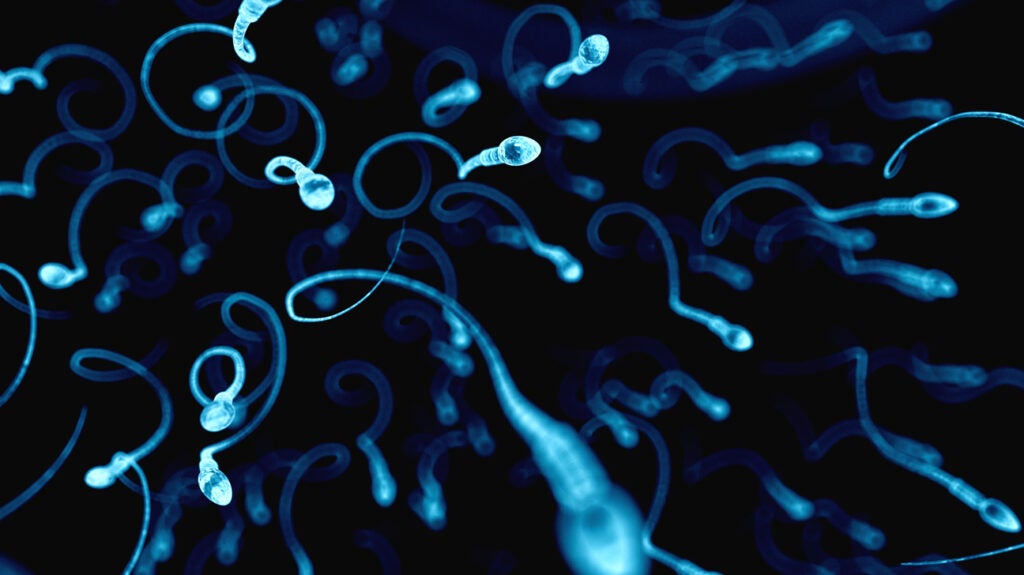How important is ‘foreplay’ for sexual pleasure?
It is said that a joyful sex life is also a link to marital happiness. Active sex not only enhances marital happiness but also strengthens love and trust.
However, the problem is that most couples do not openly discuss sex. Nor do they practice how to achieve maximum satisfaction from it. Whereas, various practices and research have been conducted since ancient times to make sexual life enjoyable. Many books have been written on this subject.
Accordingly, sex is divided into three stages. Before starting sexual intercourse, during sexual intercourse, and after sexual intercourse. Among these, the process done before sexual intercourse is called foreplay.
Foreplay not only prepares both parties mentally and physically for sexual intercourse, but also helps to bring it to a higher level.
What is foreplay?
Foreplay is also the process of physical, emotional, and mental preparation done before establishing sexual relations. This includes touching, kissing, hugging, caressing, and massaging the body in a loving manner. This increases intimacy, attraction, and sexual arousal between two people.
Foreplay can be romantic conversations and emotional communication for some, while for others, brief physical touches or courtship are sufficient.
For example, actions such as holding hands, stroking hair, saying loving words to each other, or giving a light massage can also be part of foreplay. This process not only increases sexual arousal physically, but also prepares both parties psychologically.
Touching and kissing the body in this way increases the secretion of the happy hormones 'dopamine' and 'oxytocin' in the body. Which increases blood circulation, gives pleasure, and creates a feeling of excitement.
This coordination increases the lubrication (slipperiness) in the woman's vagina and prepares the body for sexual intercourse. Being excited and thoughtless, the focus is only on sexual activity. In men, this process also helps maintain and control arousal for a long time.
Foreplay helps to heighten sexual pleasure and excitement and reach orgasm.
Why is foreplay necessary?
Some say, ‘Why do you need foreplay?’ Some consider it a waste of time. For them, the main thing is sex.
Yes, you can have sex without foreplay, but ask your female partner about the difference between sex with and without foreplay.
Sexual arousal is triggered by both mental and physical factors. On the one hand, there are thoughts and fantasies about sexually arousing things, and on the other hand, there is direct friction between the sexual organs.
Most women take a little longer to reach orgasm than men. Some couples start sex with the penis entering the vagina at once.
This means that men and women reach different stages of the sexual response cycle at different times, so both cannot experience peak sexual pleasure at the same time.
A good foreplay helps to stimulate a woman or a man well and achieve sexual pleasure well.
Scientific studies have also shown that foreplay increases the level of sexual satisfaction. It is not only a preparation for sexual intercourse, but also a means of making the entire experience pleasant and memorable.
Not only modern science, but also the ancient text 'Kama Sutra' has given special importance to foreplay. Vatsyayana has viewed sexual relations as an art and science, where foreplay plays a role in maintaining physical and emotional balance.
He has described various methods of kissing, hugging and touching, which deepen and strengthen the relationship between lovers.
Sex without foreplay
If sexual intercourse is entered into without foreplay, both parties may experience physical discomfort and the experience may remain incomplete. The body may not be fully aroused. Which reduces lubrication in women.
There may also be pain during sex. Women may not have as much desire as men. If only one of the two has low sexual desire, both may not get sexual pleasure. Enthusiasm and vitality for intercourse may also decrease.
The emotional importance of foreplay
Foreplay provides an opportunity to express trust, intimacy, and love between two people. When two people give each other time. Show love and respect. Then their relationship deepens. Without foreplay, sex may be limited to fulfilling only physical needs, which can increase emotional distance.
For example, long-term lovemaking or trying to understand each other's feelings creates a sense of security in the relationship. Especially for women, feeling emotionally connected and safe is an important aspect of sexual satisfaction. Therefore, foreplay strengthens the relationship not only on a physical level but also emotionally.
Other benefits of foreplay
Not only for sex, but also for the body
Such as,
-Increases heart rate, circulation, and blood pressure.
-Blood vessels dilate, increasing blood flow to the vagina, making sexual activity easier.
-Increases lubrication in the vagina, making sexual activity easier and preventing pain caused by friction.
How to talk to your partner about foreplay?
You should have the courage to openly tell your partner why foreplay is necessary. Because, not only is there equal partnership in sex, but there is also a mutual feeling of pleasure.
Not everyone's partner is aroused at the same speed, some It can be reminded that more time is needed.








